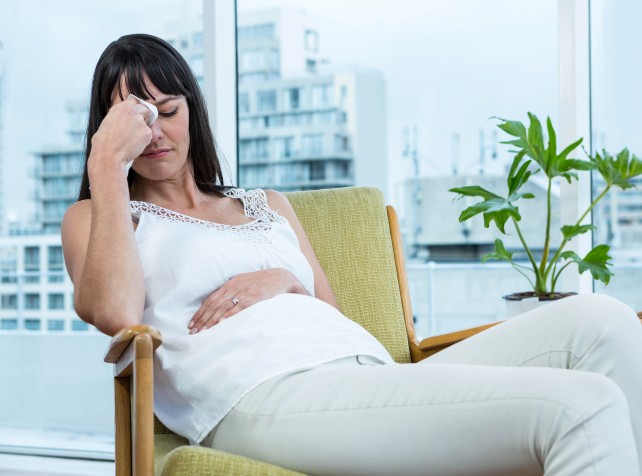Migrant women and international students are facing poorer reproductive health outcomes as advocates push for better access to care for all who need it.
A parliamentary committee examining reproductive health services in Australia has held its final hearing, with a report due in the second week of May.
Subscribe for FREE to the HealthTimes magazine
The inquiry heard from women, experts, advocates and healthcare professionals who said despite abortion being legal, accessibility was often based on where people lived.
Multicultural Centre for Women's Health director Adele Murdolo told the committee there were lower rates of contraceptive use and higher rates of poor birth outcomes for migrant women in Australia.
She said while culturally sensitive care was an important consideration, more needed to be done to integrate health and migrant services.
FEATURED JOBS
St Vincent's Private Hospital
"We've got a cohort here where we're seeing the outcomes of race and gender inequality within the health system," Dr Murdolo said.
"There are a whole lot of changes within the health system that can increase access and make it culturally safe, increase health literacy amongst migrant women and truly extend reproductive health care to women regardless of their visa status."
Abortion, contraception and vasectomy care provider MSI Australia urged the federal government to establish a national abortion fund in the upcoming budget.
The proposed fund would provide people in financial distress with timely access to sexual and reproductive health care.
MSI Australia's head of policy and research Bonney Corbin said the fund would help bridge existing gaps in the public health workforce.
The committee heard only seven per cent of general practitioners across Australia were registered to provide medical abortions, a figure which decreased significantly in regional areas.
"Despite being a progressive and quite fair country there are many barriers to affordable, appropriate and effective contraception and abortion in Australia," Sue Matthews, the CEO of the Royal Women's Hospital in Melbourne, said.
"Much of it is by design, it's not by choice."












